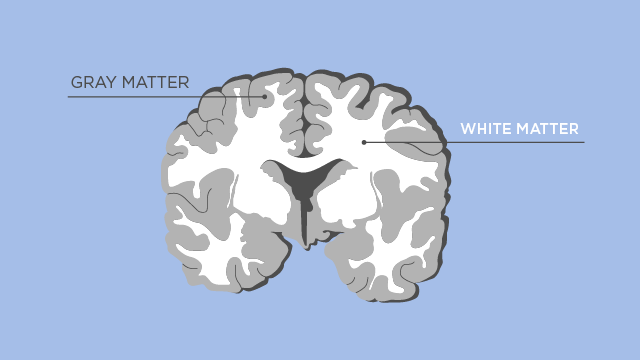Why do we still label all mental health a ‘Problem’?
- Rhian Carbury

- Feb 12, 2021
- 3 min read
It has been suggested that 1 in 4 people will experience a mental health issue every single year (McManus, Meltzer, Brugha, Bebbington & Jenkins, 2007). Yes, this statistic is scary. We are living in a world where so many people are suffering with their mental health and it is so important that this is recognised. However, I do not think that these statistics always help us in our understanding of mental health. Nor do they always help when trying to reduce the stigma surrounding it. With regards to this statistic, does it not depend on what we define as a problem or issue? As I sit here writing this, I wonder whether this relates to society’s wider tendency to regard physical and mental health as separate entities. As though they do not belong to the same body. I cannot deny that we have come a long way from what the stigma surrounding mental health used to be and for that I am grateful.
"Whenever I see statistics relating to mental health I cannot help but feel frustrated. "

1 in 4 people – what does this mean? Does this mean that the other 3 individuals felt completely and utterly 100% when it came to their mental health? For an entire year? Somehow, I have a hard time believing this. Who can say that they feel physically 100% for every day of the year? So, why would we assume that our mental health should be. Within society, we are ok to discuss with friends, family, even strangers when we are feeling ‘physically’ unwell, whether that be the common cold or a headache. We do not leave these conversations with the impression that we are going to be feeling unwell forever. We know and so do others that these physical symptoms will in time pass. From my own experiences, I can tell you it does not feel the same when you say you are feeling unwell mentally. I like to think I am an open and honest person, who can recognise the importance of not hiding the way I feel. However, I would not say this is something I find easy. Physical health problem, more like no problem. I do not mind telling my friends that I cannot make drinks because of a stomach- ache. But the thought of having to say that I do not feel up to socialising because I am stressed or feeling down fills me with dread. I fear that in doing so I will be admitting weakness and that in any future situation when I say I am feeling down, individuals will think “ohh it is because of her mental health problem”. Believe me, this has been said.
But why? This is not fair. By linking everything back to a mental health problem you are unconsciously telling that individual they are always going to have it. When I type ‘physical health problems’ into Google, the first things that come up are Diabetes, Alzheimer’s Disease and Autoimmune Disease. These are life- long physical health problems that we know require treatment or specialist medical support. When someone is feeling under the weather with a cold, you do not tell them they have a problem. So, why is mental health still so different? Do we just love the word problem? I think I fear the word problem more than actually experiencing the lows of mental health itself. That should not be the case.
"When can we get to a point where it is ok to say that we are not feeling our best mentally, without fear or judgement?"

Some days we will feel better than others. But that is to be expected. Let us face it, some days life is harder than others. As humans we fall habit to being incredibly hard on ourselves. Perhaps, your mental health has taken a bit of a hit recently, but could that be because you have been experiencing adverse circumstances? We cannot predict how we are going to respond to the stressors life throws at us nor how long it is going to take us to recover or adjust. But that does not mean you are going to carry around how you felt at your worst with you forever. How someone feels mentally for a day, a week or month should not define your perceptions of them for the rest of their life.









Comments